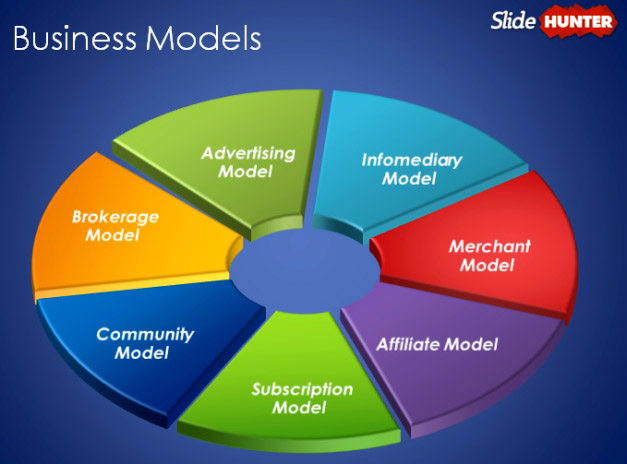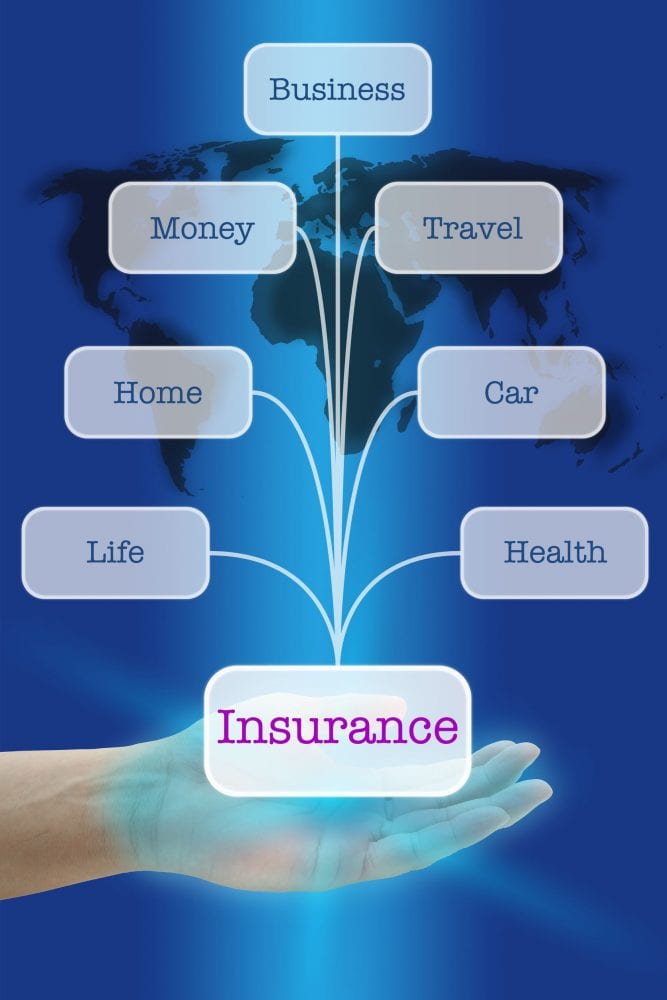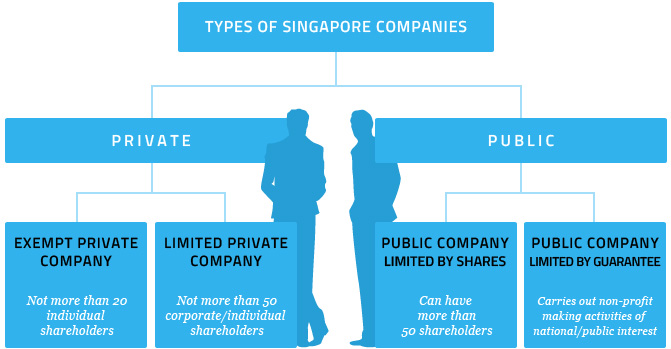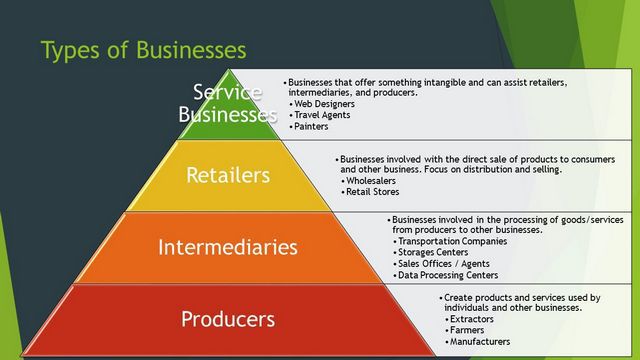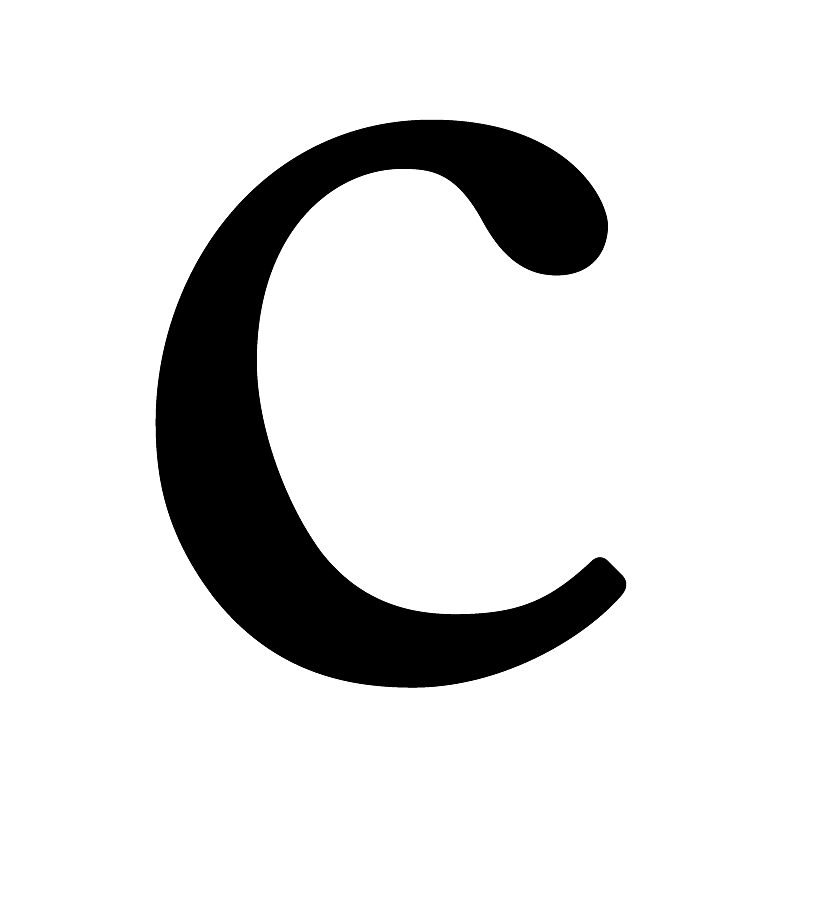Fastenal helps customers simplify and realize product and process savings across their supply chain. We sell a broad offering of products spanning more than nine major product lines – from fasteners and tools to safety and janitorial supplies. In 30 years Kierlin's Fastenal has grown from a fragile start-up run out of a 20-foot-wide Winona storefront to a national powerhouse that operates 560 stores in 48 states, Canada, and Puerto Rico. The company sells and custom manufactures 49,000 types of nuts and bolts, as well as safety supplies, tools, and other industrial products.
Fastenal's extensive product line, combined with its excellent customer service, has made it one of the hottest companies of the past decade. The $287-million company has posted a compound annual growth rate of more than 30% and an earnings growth rate of more than 35% since going public, in 1987. Net earnings in 1996 hit 11.3%, compared with 5.9% for industry heavyweight W.W. Grainger Inc., a distributor of maintenance, repair, and operating supplies based in Lincolnshire, Ill. Fastenal Company, together with its subsidiaries, engages in the wholesale distribution of industrial and construction supplies in the United States, Canada, Mexico, North America, and internationally. It offers fasteners, and related industrial and construction supplies under the Fastenal name.
The company's fastener products include threaded fasteners, bolts, nuts, screws, studs, and related washers, which are used in manufactured products and construction projects, as well as in the maintenance and repair of machines. It also offers miscellaneous supplies and hardware, including pins, machinery keys, concrete anchors, metal framing systems, wire ropes, strut products, rivets, and related accessories. The company serves the manufacturing market comprising original equipment manufacturers; maintenance, repair, and operations; and non-residential construction market, which includes general, electrical, plumbing, sheet metal, and road contractors. It also serves farmers, truckers, railroads, mining companies, schools, and retail trades; and oil exploration, production, and refinement companies, as well as federal, state, and local governmental entities. The company distributes its products through a network of 3,268 in-market locations and 16 distribution centers. Fastenal Company was founded in 1967 and is headquartered in Winona, Minnesota.
According to a recent article in Bloomberg BusinessWeek, the company has more than 11,000 sales people in 2,600 stores along with an online catalogue that extends for 10,700 pages. It also has more than 5,500 "fully customized and automated Fastenal stores" on job sites and at customer locations — essentially, vending machines for nuts and bolts. The result of this overwhelming reach is truly overwhelming business performance. According to BusinessWeek, the company's share price is up 38,565 percent since October 1987. Microsoft, by contrast, is up less than 10,000 percent over that same period (still not bad!), and Apple is up by 5,500 percent.
If you think of what we do, we provide real time supply chain for our customers. When the customer needs something they walk over and they push a button on a vending machine and they instantly have what they need, their safety glasses, a pair of gloves, etc. When they're producing something, they reach over and they grab in a bin and grab the fastener they need to assemble the item they are producing. If they're doing maintenance, they go to a bin and grab it. So the value we bring is the sourcing of product supply.
There is no sourcing cost, it's available when I need it. So I would say there is no pre-buying in our numbers from the context of any of our revenue numbers in the third quarter or earlier in the year for that matter. So I'll throw in a few pieces, because I've got a few years under my belt that Holden doesn't have yet. If you think about our business, our local -- if you go back years ago, our days of collect would have been better, because our business was primarily a local business. And if I look at our local business, which is roughly half our revenue, you would see that our stats for that business is largely unchanged from what it would have been 10, 15, 20 years ago.
In the last 20 years, we've gone from 2%, 3% of our revenue being national account to 52% of our revenue being national account. And we've gone from international being two locations in Southern Ontario to 15% of our revenue. Two things I can tell you about national account customers and international customers in general. And so they've been attributing to 70% of our growth between Onsites. And so, there are some structural aspects to it.
The offset to that is that they also drive volume through our branch network and over time allow us to continually drive down the days of inventory on hand, because we're leveraging it across a bigger revenue base. So it's finding that balance, but it creates some challenges in near-term. And that means when something is ordered electronically and it's a smaller customer, serve the heck out of that customer, meet that customer where it works for both parties.
And that means if somebody orders it, if it's in the branch, it's ready for them in a short window of time for them to come in and pick it up. If it's something that's not in the branch and some distribution center, we get it in the next morning and it's in a locker at 7 o'clock in the morning and — or it's ready for the customer to pick up in the branch at 7 o'clock in the morning. So you're very mindful of what is your plan because the bulk of the dollar opportunity is coming from the larger opportunities in the market.
But you want a nice mix to your business because it helps — it helps to be a great partner to a wide range of customers. And we can be a special business because we can fulfill transactions faster than our industry because of our local stocking and our captive distribution network. We have a better cost structure to our industry. We have a better fulfillment cycle to our industry and it's incredibly reliable. And we have that local team that can react to the unexpected. And that's what froze up for so many companies in the second quarter of 2020.
They don't have that decentralized something special local that can react to the unexpected. Operating margin in the second quarter of 2021 was 21.1%, up 20 basis points. Gross margin was 46.5% in the second quarter of 2021, up 200 basis points versus the second quarter of 2020. Our safety product margin improved in a combination of mix as lower margin COVID affected PPE mix retreated to pre-pandemic levels and a recovery in pricing as the market is normalized. We leveraged overhead costs on an improvement in volumes and favorable rebates which is a combination of lower rebates to certain customers that were heavy surge buyers in 2020 and our own purchasing of key products improving versus 2020.
Product mix, specifically growth of fasteners versus non-fasteners, was also a significant contributor to the growth and was a significant factor in gross margin outperforming our expectations for the period. Our pricing actions, largely matched inflation we are seeing in the marketplace and price cost did not meaningfully affect gross margin in the second quarter of 2021. Our gross margin was 48.1% in the third quarter, down 100 basis points from the third quarter last year. This was a larger decline than we expected, especially as the improved price realization largely neutralized incremental product cost increases we continued to experience in the quarter.
Roughly 80 basis points of this decline was from product and customer mix, higher branch freight expenses and higher growth allowances that are attributable to the sustained strong growth we are experiencing with our largest customers. The remainder is a function of foreign exchange and other organizational factors. Sequentially, we believe the lion's share of our 60 basis points decline is due to seasonality, foreign exchange and branch freight costs. This is not the only front on which Fastenal has been ahead of the curve.
Like many other companies, it didn't wait for federal government orders to implement social-distancing measures. On March 6, Fastenal canceled an annual sales event that was meant to take place in mid-April. Doing so deprived it of one of its biggest opportunities to ink new contracts for its onsite supply-chain services and vending machines — and it's one reason why 2020 growth prospects are "murky," Florness said. And — but with that, I'll switch over to the flipbook.
Sales to manufacturing and construction customers grew 21.5% in the second quarter. There was, as expected, fall-off in the pandemic-related sales, frankly a good thing, and — which resulted in overall flat sales performance from a year-over-year basis. I believe we continue to manage costs really well. I'm so impressed with the team throughout Fastenal and in our ability to managing expenses well. We did have some resets and Holden talked to that in the earnings release. So I'm pleased to say our branch and Onsite business is coming back in a resounding fashion and we're paying people for that.
All of this hasn't saved Fastenal from the coronavirus. While sales of safety products jumped 31% in March, revenue from Fastenal's traditional fasteners business plunged 10.1% as factories, amusement parks, retail outlets and schools shuttered. On average, daily sales across the company increased 0.2% in March, a marked drop from the 4.7% pace in February.
And because safety products are typically lower-margin, that contributed to the 110 basis-point drop in the first quarter in the percentage of sales Fastenal converts into gross profit. Still, the coronavirus crisis is different than the 2009 recession because at least demand is increasing for some products. April sales are down about 10.5% to date, which is relatively mild in the scheme of things and encouraging ahead of results due later this month from companies such as 3M Co. and Honeywell International Inc. While headcount may decline, Fastenal indicated that at this point, any cuts are unlikely to be of the magnitude they were back in 2009. The margin dislocation also will likely fix itself once demand for fasteners bounces back and the need for protective gear eases.
I won't be surprised — as far as the residual number which is ultimately the number that matters, that 20%-plus, I see no — I see no change there. Maybe a bias for increasing it but time will tell on that one. But in those discussions I oftentimes cited the 46%, 24%, 22% was the number that we aspired to. And so that plus 20% thought process of when we were a $10 billion organization, I feel as good about that today as anytime in the last five years. The focus internally, Dave, is that everybody who is involved in selling makes sure that on every individual relationship, every individual transaction that they get the value that they deserve based on the value that we bring to the relationship.
As long as we do that, whatever the mix does because of our growth, the mix does. But as Dan indicated, there's been no change in our expectation that we're going to be a 20% or 22% operating margin business and a 25%-plus return on capital business. The increase in gross margin was partly offset by operating expenses growing faster than sales.
In the second quarter of 2020, in response to the onset of the pandemic, we took certain proactive steps to reduce costs. Certain costs naturally declined as a result of the weak business. And a large portion of our surge sales went direct as opposed to through our branches, which is a very low labor intensity source of revenue.
In response to improving conditions in the second quarter of 2021, these situations reversed. Our headcount remains under control but is appropriately ticking up as demand recovers at our branches. Further, incentive compensation was up almost 20% and healthcare costs were up 25%.
Travel expenses are growing strongly, very easy comparisons as the economy fully opens. As we indicated last quarter, deleveraging operating expenses in the second quarter of 2021 is a function of anniversarying the first periods of pandemic-related cost savings measures combined with a strongly recovering marketplace. Setting aside these optics, however, we believe the organization continues to manage costs well. If you put it all together, we reported second quarter 2021 earnings per share of $0.42, which is flat versus $0.42 in the first quarter — I'm sorry, the second quarter of 2020. Fastenal's service model centers on approximately 3,200 in-market locations, each providing custom inventory, and a dedicated sales team to support local businesses.
Fastenal offers companies supply chain solutions that help business reduce inventory touches, and supply chain waste. The story behind the industrial supplier Fastenal all began in early 1967. The founder, Bob Kierlin and friends were first able to open business in Winona, Minnesota still being the companies home base. With $30,000 invested among the 5 friends, they originally focused on dispensing nuts and bolts via custom vending machines, yet was impractical at this time.
Ironically, now they have implemented the vending machine yet not vending simply fasteners, now offering all sorts of items via FAST Solutions. They've maintained high barriers for customers to exit with 60% of revenue coming from embedded solutions like vending machines. And they've improved the digital customer experience by adding item-recognition to the company's mobile app and doubling down on digital marketing. With that I'm going to switch over to the flip book and then I'll transition over to Holden.
It's our sixth straight quarter of sales growth greater than 10%. We reloaded up on the incentive comp and we saw meaningful inflation, because the incentive comp was expanding, a very typical thing I would expect to see in the Fastenal business. We've anniversaried that now and you see it shining through in our ability to get operating leverage at the operating expense line. If I go a little deeper down the list, I see safety products, another one that's a meaningful component of our business, because of our vending platform.
Those discussions have been going on in earnest. They continue to go on in earnest and we are shedding light to the supply chain of those customers and having discussions about prices and options. Our commitment is to our customer and our employee. Every day we balance this commitment with four overriding aspects of our covenant with our customer. One is a reliable supply to support their business, whether that is OEM fasteners, MRO fasteners, MRO non-fasteners, product going through our branch, our Onsite, our vending, it doesn't matter. A reliable supply that consists of quantity and quality.
One of the challenges with redirecting your supply chain or making changes to your supply chain, you can interrupt both of those and it impedes the ability to move quickly. Fastenal is little known outside of industrial circles, but it's essentially in the business of supply-chain management, and it acted on the warning signs of the coronavirus crisis much faster than the federal government. That's partly a reflection of the nature of Fastenal's supply chain, which is weighted heavily toward Asia, the first frontier of the outbreak. Way back in January, as the spread of the virus forced China into lockdown, Fastenal began monitoring certain product lines to ensure a reliable flow of goods for its customers, Florness said Tuesday as he kicked off the earnings conversation. And there is, I think, three distinct subsets that drive it, at least in our case.
As you all know, historically we are a promote from within culture and we believe in starting early in a person's career that promote from within culture. And we hire a lot of part-time employees and those part-time employees — a very high percentage of those employees are full-time students. And we think of it as, in most cases, in a perfect world, you're not hiring a part-time employee, you are hiring a future full-time employee.
And we provide a tremendous amount of flexibility to folks early in their career. We focus very acutely on four-year state colleges and two-year technical colleges. And so in a period where schools are closed and people are studying remotely, a big chunk of our recruiting base has vaporized from the areas that we traditionally approach and that has created some challenges for us. I'm pleased to say those challenges have lessened over time, but they're still pretty acute. A fair number of our part-time employees, especially in our distribution centers, a lot of them we represent a second job. I heard an example the other day of individuals that had pulled back their hours with us because they hold a second job because they have a child in college.
We're incredibly flexible with employees and on scheduling. But their employer has gone to mandatory overtime and so they just don't have the hours to work for us. Fastenal resells industrial, safety, and construction supplies and offers services including inventory management, manufacturing, and tool repair. Fastenal refers to itself as an industrial supply company, and Reuters calls it an industrial distributor. Fastenal is also a big sponsor of NASCAR since 2006. Fastenal Company is an American company based in Winona, Minnesota.



